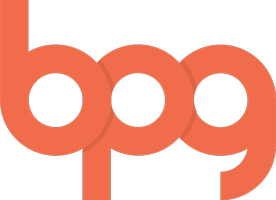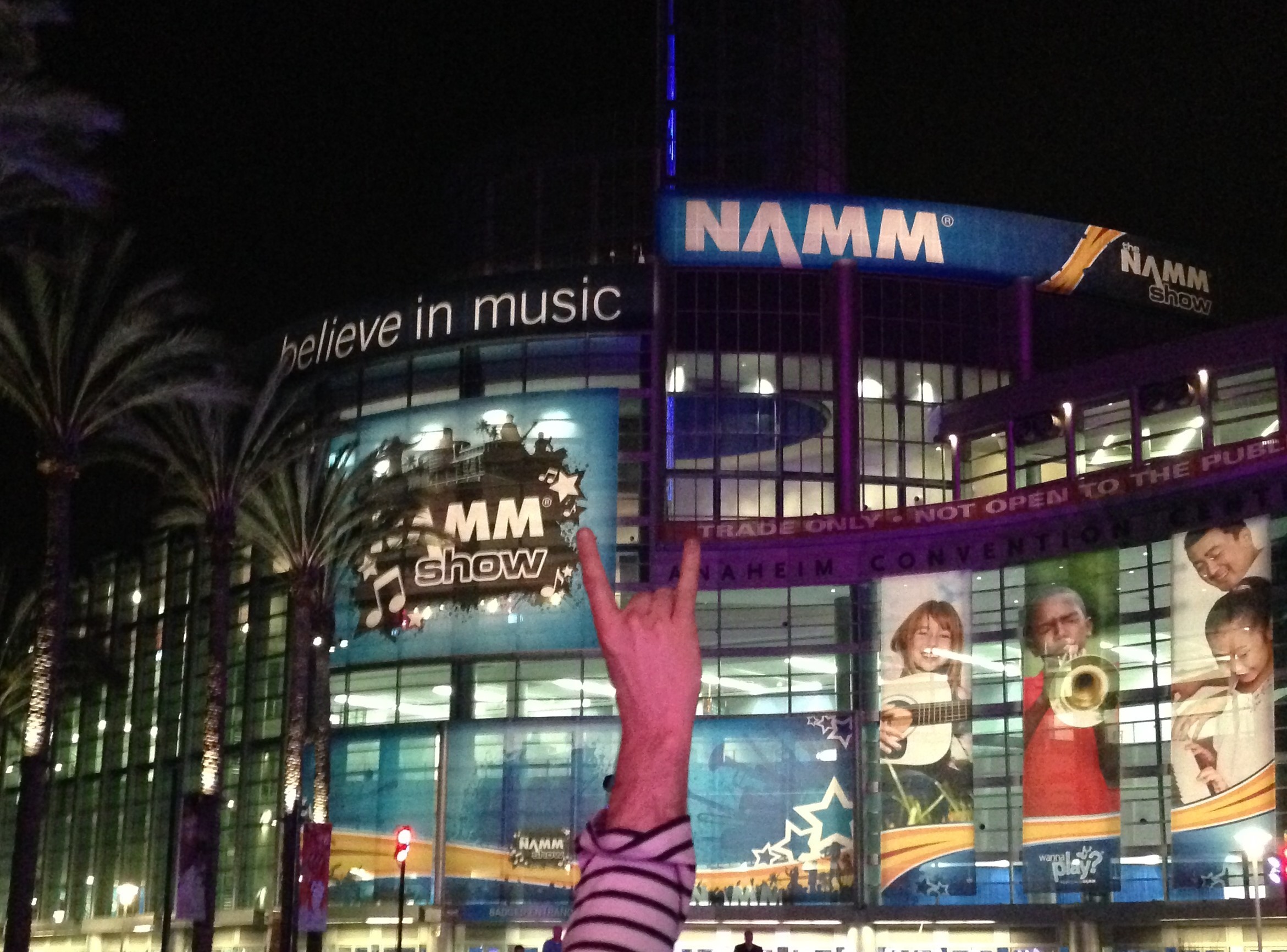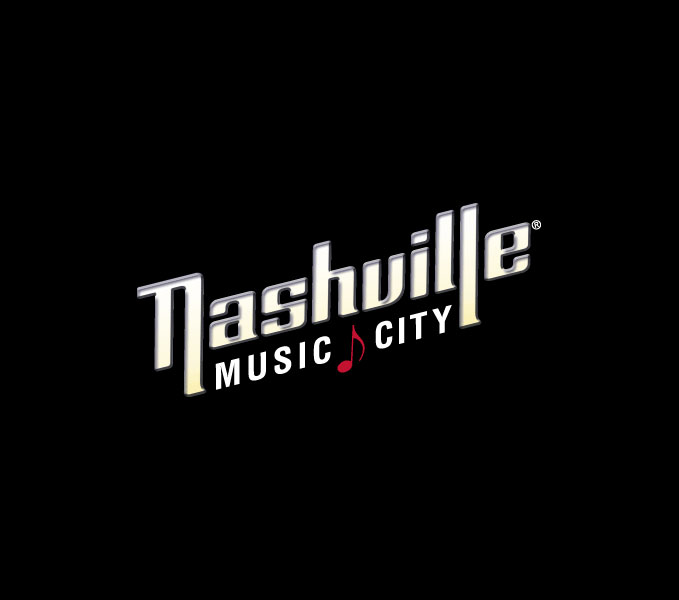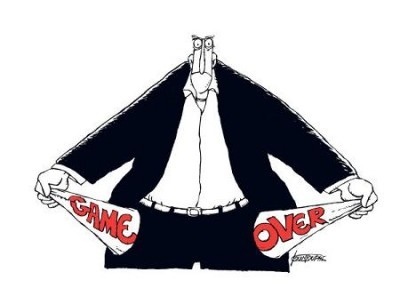
The music industry is full of fear. Fear of customers as thieves, fear of technology run amok, fear of loss of control. But for the music industry to do more than just survive, fear cannot be the answer.
The answer lies in listening to customers and letting them inform what and how they want to buy. The answer lies in experimentation and a willingness to fail. And key to it all is to stop grasping desperately for control and to stop acting out of fear.
All too rarely do I read an article in an industry publication that leads with curiosity and possibility when covering new technology. From every streaming service, to novel new music players, to self-driving cars, it would seem the sky is always falling.
Fear also comes in great supply from rock and roll royalty. While their arguments are worth careful consideration, artists like David Byrne and Thom Yorke have, in many ways, become the industry’s version of town criers gathering villagers with torches, set on destroying Frankenstein’s monster.
To me, the irony is this: just as artists embrace fear daily as they make their art, why shouldn’t the industry be expected to do the same with their business models and operations?
So, what’s the good news? Examples of companies and artists pushing past fear and taking risks are out there, if you know where to look. Neil Young’s Pono is a great example of both. Unsatisfied with the state of digital music quality, he crowd-funded a new music player that is now the third highest-funded campaign in Kickstarter’s history. There are plenty of skeptics, us among them, but Neil is to be saluted for trying something new.
Closer to the ground, we’re fortunate to work with deeply established music businesses like Zavitson Music Group, who are turning music publishing on its head with MusicPubWorks, and Lyric Financial, who are bringing progressive financial practices and technology from outside the music business to labels and artists alike.
These and other companies like them in Nashville and beyond are taking big risks and bucking the status quo. In doing so, they’re setting examples the rest of the industry would do well to study.






